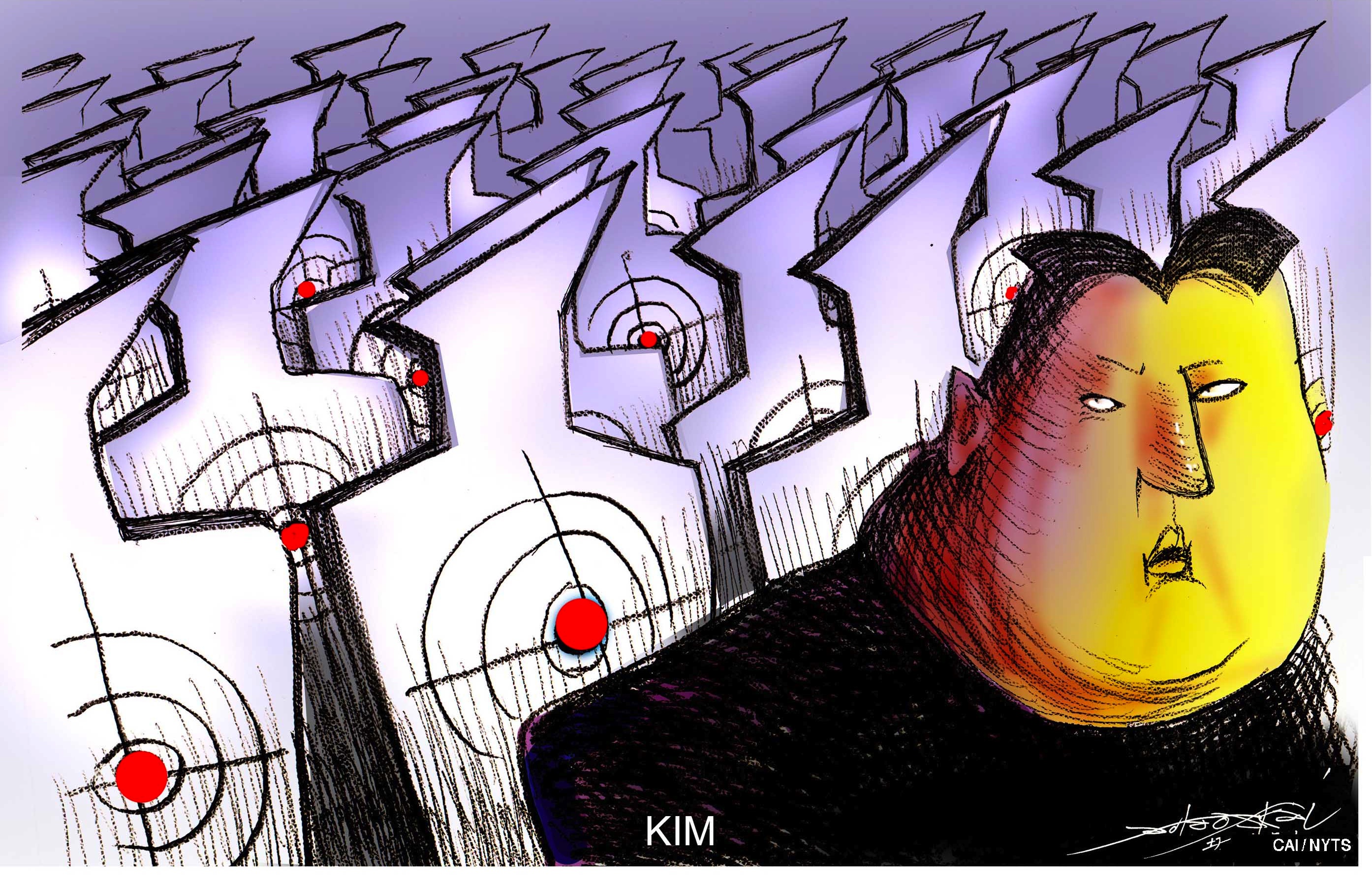Asia went nuts for nukes last week. On the heels of a Pentagon report that China is loading multiple warheads onto its intercontinental missiles, North Korea announced Wednesday that it has developed warheads of its own, making the transition from a nuclear-capable power to a nuclear-loaded one.
The North Koreans may be lying or exaggerating, of course. But even so, the announcement augurs a new stage in the complex relationship between China and North Korea. China regards the north as an unruly client state, annoying in practice but necessary as a buffer between the U.S. forces stationed in South Korea. Now, apparently, China may be prepared to treat North Korea as an actual nuclear proxy, strengthening Beijing's regional position by counterbalancing America's allies in Seoul.
The difference between an irritating ally and a valued proxy can be difficult to discern, so let's start there. Since China began its transformation from communism to a unique brand of state-directed and state-owned capitalism, North Korea has increasingly become an irritant. Ideologically, North Korea is hidebound, a reminder of the bad old days of personality cults and mind control. Economically, it's a disaster zone — and needs a steady flow of food and other aid to keep its citizens from starvation.


















With your current subscription plan you can comment on stories. However, before writing your first comment, please create a display name in the Profile section of your subscriber account page.